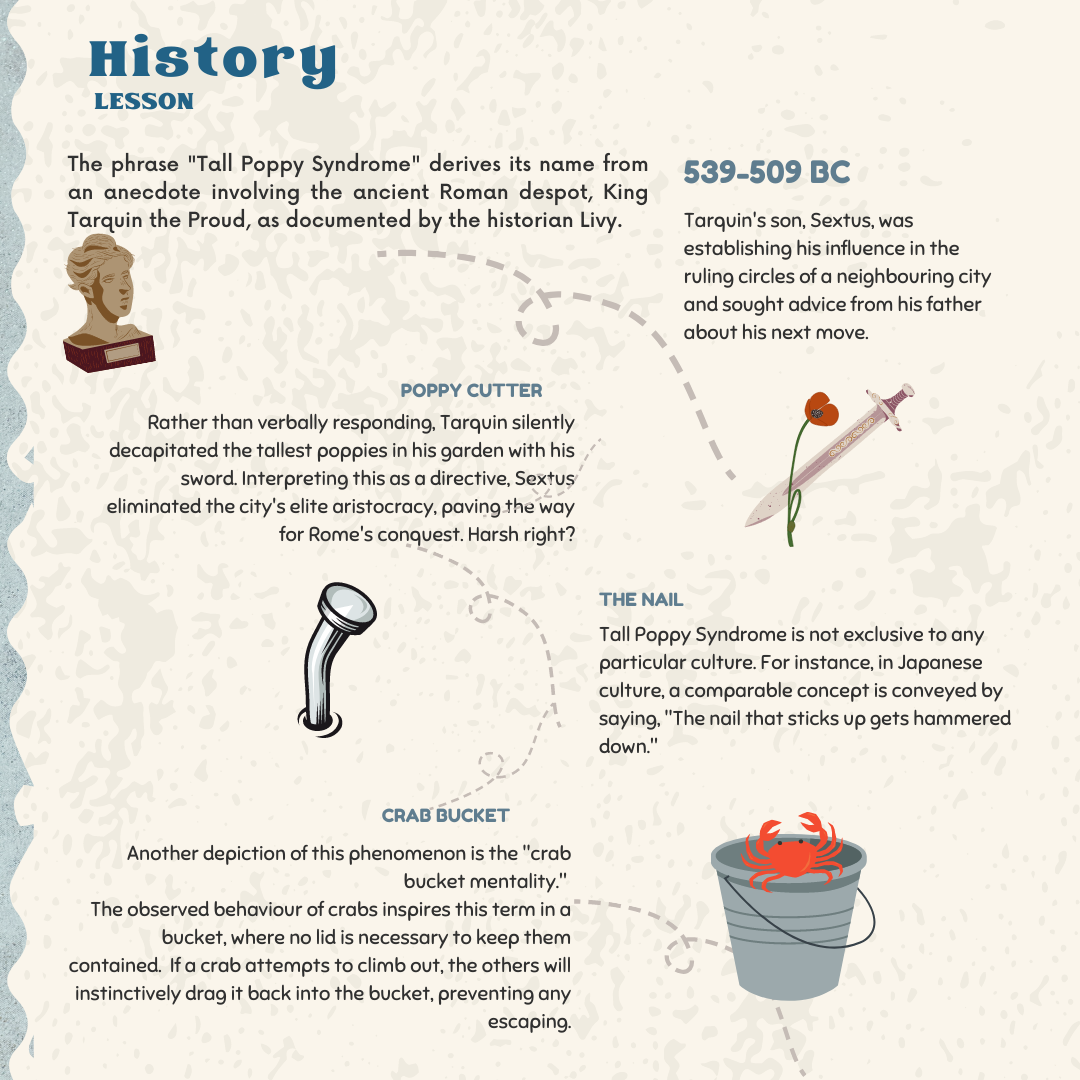In the perennial quest for success, encountering even well-meaning detractors is almost as predictable as the shifting seasons. Yet, as entrepreneurially spirited souls, we courageously sow the seeds of our passion projects, despite the voices whispering, "You can't."
If I had listened to everyone who said you can't, it can't happen, or accepted the impossible- I would NOT be where I am today. It's not always a grand scheme to sabotage us, not at all. Oftentimes it isn't malicious or intentionally discouraging. Sometimes commentary like this is a fear-induced protective instinct, a bias towards failure, and a dread of potential disappointment. These are human emotions we all grapple with. Yet, sometimes others' perspectives are coloured by their experiences and fears, not ours.

They may not share your inner knowing, understanding and intuition. This is where it helps to have a compassionate witness or an objective sounding board. Disparaging claims could echo with authority, potentially impacting our budding confidence. However, we must acknowledge the distorting mirror that their feedback often is, reflecting more about their fears than our potential failures.
This brings us to the potent question: How do we identify the voices worthy of attention?
The answer lies in the objectivity and balance of the advice received. Those offering a fair assessment of the pros and cons, complete with offered solutions, should be the compass.
Conversely, we need to understand that the "tall poppy syndrome" often skews the perceptions of our critics. This societal phenomenon, which targets high achievers for their success, frequently paints a distorted image of our efforts. Quicker than a mosquito at a blood bank, these comments can do more than a little damage if we let them.
Tall Poppy Syndrome has been especially widespread in Australia. Nearly 70 per cent of those recently surveyed said they believe their fellow Australians regard ambition as a negative trait.


